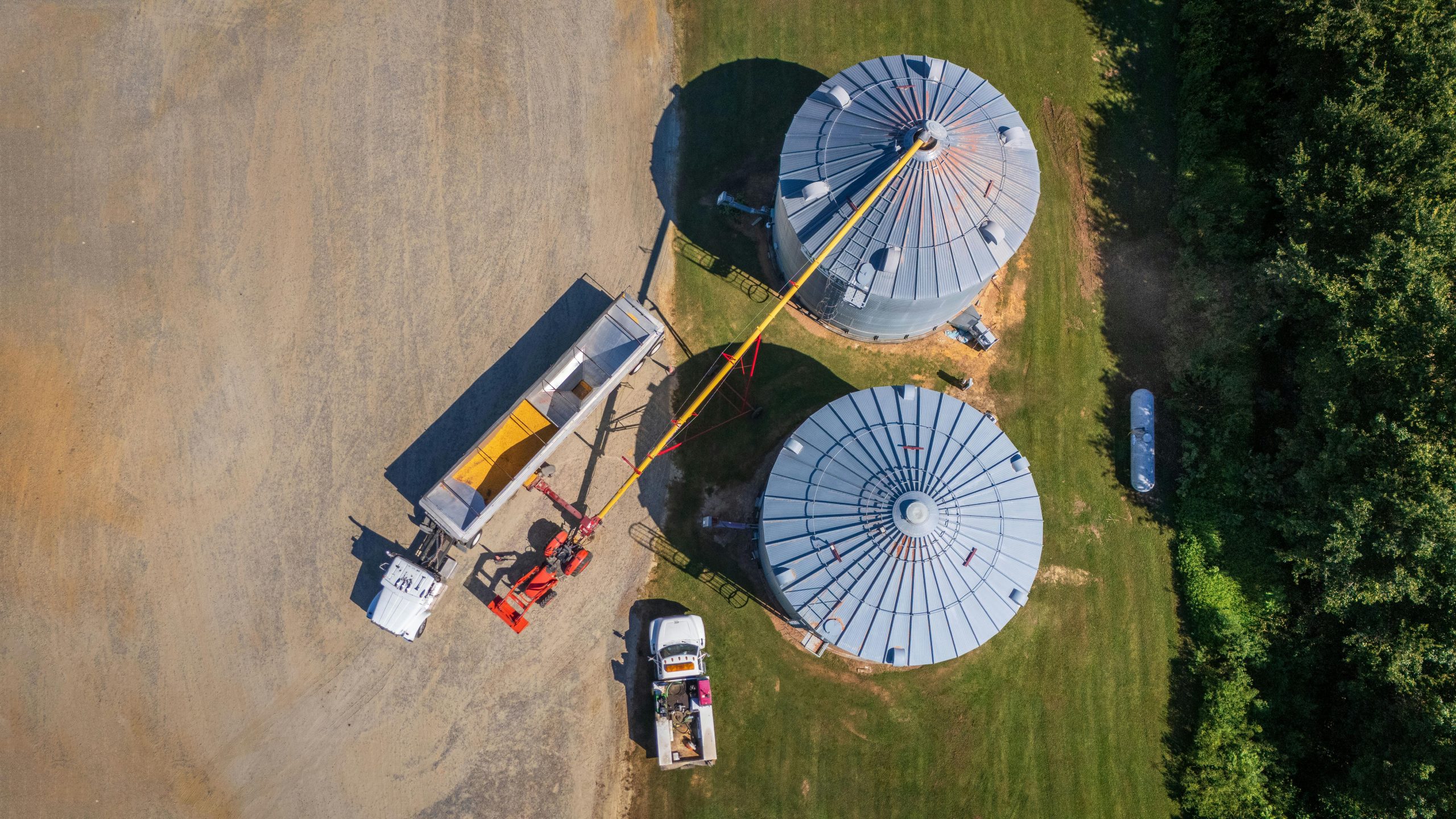Jaguar Land Rover Experiences Major Production Disruption Due to Cyber Attack
In a concerning development within the automotive industry, Jaguar Land Rover (JLR), one of the world’s leading luxury vehicle manufacturers, has recently suffered a severe operational setback caused by a cyber attack. The incident has significantly impacted the company’s production capabilities, highlighting the increasing importance of robust cybersecurity measures in an increasingly digitalized sector.
Scope of the Disruption
The cyber attack has led to substantial disruptions across JLR’s manufacturing facilities and supply chain operations. Production lines have been temporarily halted as the company works diligently to assess and contain the breach. The aftermath has included delays in vehicle manufacturing and potential setbacks in delivery schedules, affecting both the company’s supply commitments and customer expectations.
Implications for the Automotive Sector
This incident underscores a critical vulnerability faced by automotive manufacturers in the digital age. As vehicles become more connected and reliant on sophisticated digital systems—from manufacturing automation to vehicle software—the risk of cyber threats escalates. Protecting these interconnected systems is now paramount to ensure operational continuity and safeguard sensitive data.
The Growing Threat of Cybercrime
Cybersecurity experts warn that such attacks are becoming increasingly sophisticated and frequent, targeting critical infrastructure and global supply chains. For automakers like Jaguar Land Rover, the stakes are high; a successful breach not only disrupts production but can also compromise customer data and brand reputation.
Proactive Measures and Future Outlook
In light of this incident, automotive companies must reevaluate and strengthen their cybersecurity protocols. Implementing comprehensive security frameworks, continuous system monitoring, employee training, and incident response strategies are vital steps toward resilience against future threats.
The situation at Jaguar Land Rover serves as a stark reminder of the vulnerabilities inherent in modern manufacturing and the necessity for proactive cybersecurity investments. As the automotive landscape continues to evolve with innovations like autonomous driving and connected vehicles, safeguarding digital infrastructure will be key to maintaining operational stability and consumer trust.
Conclusion
The cybersecurity incident at Jaguar Land Rover highlights a pressing challenge faced by the automotive industry worldwide. Ensuring the security of digital systems is not just an IT concern but a fundamental aspect of operational integrity and business continuity. Stakeholders across the sector must prioritize cybersecurity to navigate the evolving landscape of cyber threats and secure a resilient future.
What are your thoughts on cybersecurity in the automotive industry? How can companies better protect themselves against cyber threats? Share your insights in the comments below.









